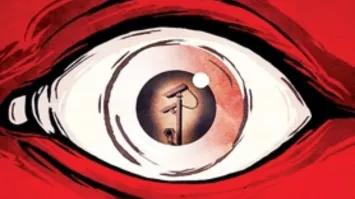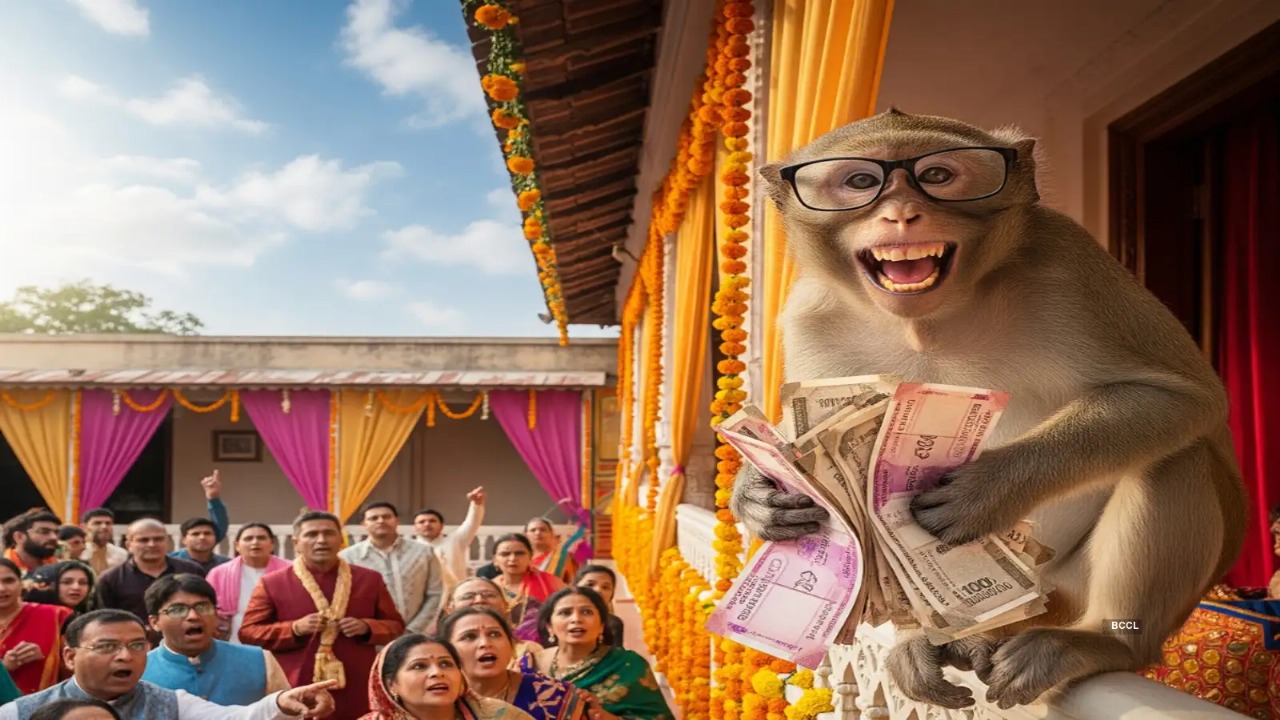 Image Source: India TV News
Image Source: India TV News
Bigg Boss, the widely popular Indian reality show hosted by Salman Khan, draws deep inspiration from an unexpected source—a seminal novel penned by the legendary author George Orwell. The concept, format, and even the show’s omnipresent theme echo Orwell’s dystopian classic '1984,' which envisioned a society under constant surveillance by an authoritarian figure known as “Big Brother.”
Key Highlights of the Literary Roots Behind Bigg Boss
The original concept of constant surveillance in the show’s setting is directly inspired by Orwell’s novel '1984', where “Big Brother” represents an all-seeing, oppressive regime.
Bigg Boss, adapted from the Dutch reality show Big Brother launched in the late 1990s, incorporates the theme of monitoring contestants’ every move within an enclosed ‘house’ setting.
The iconic tagline, “Big Brother is watching you,” symbolizing continuous observation and subtle control, has been central both to Orwell’s narrative and the reality show’s format.
Contestants (called housemates) are isolated from the outside world and continuously filmed through fixed cameras and microphones, reflecting Orwell’s surveillance state.
The show’s format features weekly evictions based on nominations and public voting, creating social dynamics of alliance, conflict, and strategy under scrutiny.
Bigg Boss in India has spawned versions in multiple languages including Hindi, Kannada, Bengali, Tamil, Telugu, Marathi, and Malayalam, popularizing the format across diverse audiences.
Unlike Orwell’s oppressive dystopia, the show creates entertainment through interpersonal drama, emotional revelations, and social experiments, yet the underlying power relationship mirrors the novel’s themes.
Orwell’s '1984': The Foundation of the Big Brother Phenomenon
Published in 1949, George Orwell’s '1984' is a dystopian narrative depicting a totalitarian regime’s invasive surveillance and control over individual freedoms. The concept of “Big Brother,” an omnipotent authority figure monitoring citizens via telescreens and enforcing conformity, became synonymous with invasion of privacy and authoritarian overreach.
Television producers adapted this concept into a social experiment for audiences by creating Big Brother, where voluntary contestants live in isolation while being watched 24/7. The psychological and social consequences of constant observation and loss of privacy became central themes, engaging viewers through the tension of transparency and conflict.
Bigg Boss: The Indian Adaptation and Evolution
India’s Bigg Boss, introduced in 2006 and hosted predominantly by Salman Khan, localizes the global Big Brother concept with Bollywood flair, drama, and cultural nuances. It reflects Indian society’s fascination with celebrity culture, social psychology, and entertainment beyond scripted dramas.
The show has thrived by blending:
Continuous surveillance for public voyeurism
Strategic gameplay involving nominating and evicting other housemates
Emotional and interpersonal conflicts amplified by isolation
Public participation through voting, adding democratic engagement to the format
Bigg Boss’ success lies in making Orwell’s concept a mass entertainment phenomenon, where viewers witness authentic human drama under the “watchful eyes” of Bigg Boss.
Contemporary Impact and Popularity
As of 2025, Bigg Boss continues to dominate Indian television, with its 19th season featuring celebrities and digital creators alike. Its reach across languages and demographics cements its place not only as a reality TV staple but also as a cultural lens reflecting societal behaviors under scrutiny.
The show’s roots in Orwell’s novel spark ongoing debates about privacy, control, and spectacle in the digital age, making the entertainment an inadvertent social commentary on modern surveillance cultures.
In Conclusion: From Orwell’s Dystopia to Reality TV Icon
Bigg Boss is much more than a reality competition; it is a modern-day reimagining of Orwellian themes of observation, power, and control, transposed into a popular format that captivates millions. The game of visibility and strategy echoes “Big Brother’s” watchful gaze, reminding viewers of the fine line between entertainment and intrusion in an era defined by surveillance.
Understanding this literary link enriches our appreciation of Bigg Boss’ design, its psychological allure, and why it continues to resonate so powerfully in contemporary media.
Sources: India TV News, National World, Wikipedia, Times Now News
Advertisement
Advertisement






